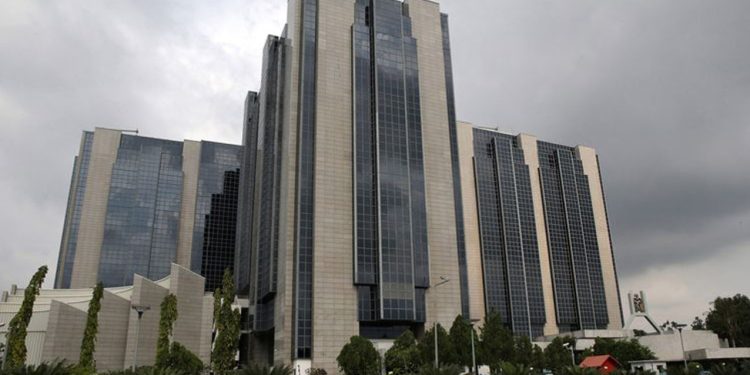JP Morgan’s recent analysis has cast a spotlight on Nigeria’s foreign exchange (FX) reserve, raising questions about the accuracy of previously reported figures. The country’s FX reserve has long been a subject of interest and speculation, and JP Morgan’s report titled “Nigeria: Reform Pause Rather Than Fatigue” delves into the intricacies of the reserve and its implications.
Dissecting the Numbers
JP Morgan’s report pulls the veil off the official FX reserve figure, estimating it to be approximately $3.7 billion, a stark contrast to the reported value of $30 billion.
This revelation, if accurate, signifies a considerable difference and has sparked discussions around the methods used to arrive at these figures. JP Morgan attributes this substantial discrepancy to various financial manoeuvres, including larger currency swaps and borrowings against the FX reserve.
Unveiling the Assumptions
The bank’s calculations are based on certain assumptions, which it acknowledges could alter the final estimate. These assumptions include incorporating $5.0 billion in IMF Special Drawing Rights (SDR) to the external reserves, accounting for key FX liability lines such as FX forwards, securities lending, and currency swaps. JP Morgan also aims to deduce currency swaps by analysing FX forwards and outstanding OTC Futures balances from aggregate financial accounts.
CBN’s Resilience and Nigeria’s Path Forward
JP Morgan acknowledges that despite the apparent disparity in the FX reserve figures, the Central Bank of Nigeria (CBN) possesses the capacity to navigate the challenges associated with a lower FX reserve.
The report emphasizes that the CBN’s strategic profit from swap arrangements with commercial banks could help mitigate the pressures stemming from reduced reserves.
The Nigerian National Petroleum Corporation (NNPCL) also sought to bolster the FX reserve by securing a $3 billion loan from the Afrexim bank, a move anticipated to enhance liquidity in the exchange market.
Shifting Reform Landscape
The report also touches on the ongoing reform landscape in Nigeria. It highlights President Tinubu’s measured approach to reforms, including the recent halt in major changes such as the fuel subsidy removal.
This decision, coupled with statements about fuel prices, sparked investor concerns and triggered a sell-off of Nigerian sovereign bonds. The market’s reaction underscores the sensitive nature of reforms in the country and the potential reverberations they can have on economic indicators.
Cautious Optimism and Inflation Predictions
Despite the recent slowdown in reform momentum, JP Morgan’s report maintains a sense of cautious optimism. It acknowledges the nuanced balance between reform and stability, especially given the complex nature of Nigeria’s economic landscape.
The report predicts that headline inflation could reach 28% by year-end, driven by rising food prices and the multifaceted impacts of the reform decisions made by President Tinubu.
Charting the Future
JP Morgan’s revelation about Nigeria’s FX reserve calls for a deeper examination of the country’s financial strategies and economic reforms. As the nation navigates these complexities, the path forward will likely involve a delicate balance between bolstering reserves, driving reforms, and ensuring economic stability.
The insights from this report offer valuable perspectives for policymakers, investors, and the broader economic community as they collectively chart Nigeria’s financial future in an increasingly interconnected world.












